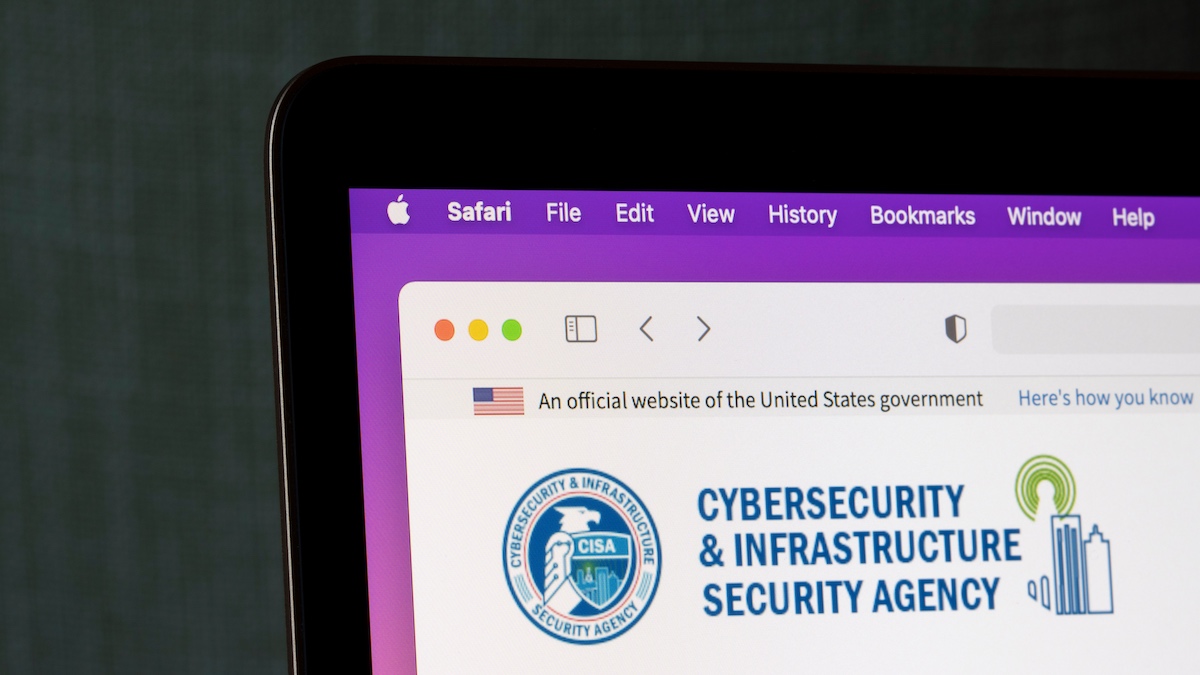
Kaspersky technologies identified a sophisticated wave of malware infections targeting various organizations through phishing emails leading to malicious links. A critical zero-day vulnerability in Google Chrome, identified as CVE-2025-2783, allowed attackers to bypass the browser’s sandbox. The malware campaign, dubbed Operation ForumTroll, aimed at espionage targeting media outlets and government entities in Russia.…
Read More 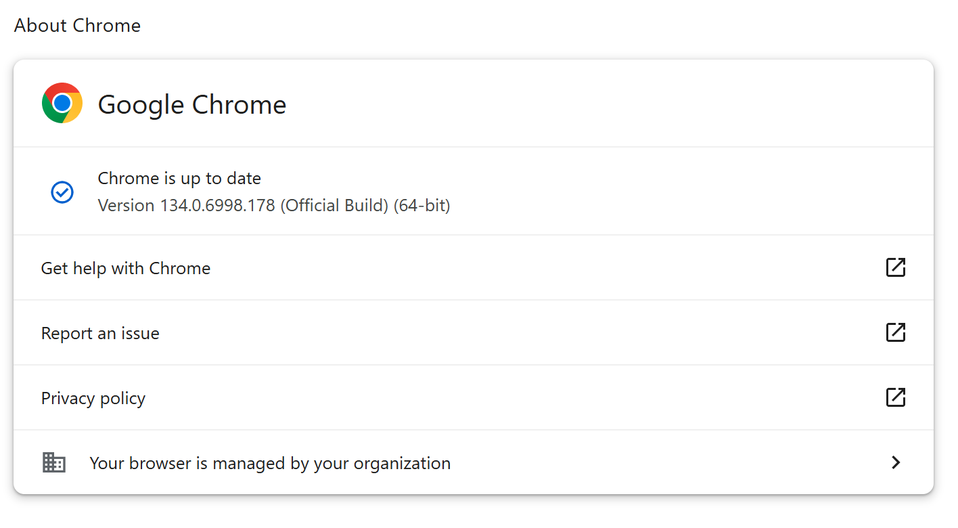




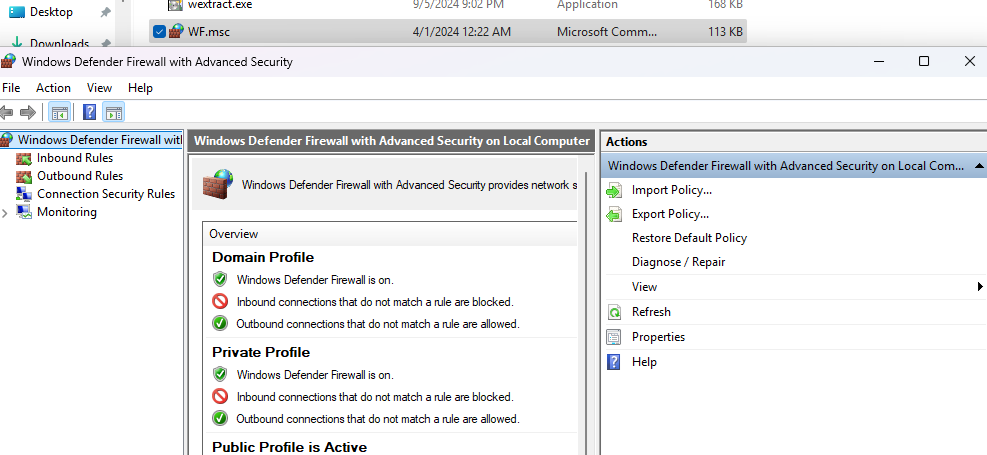



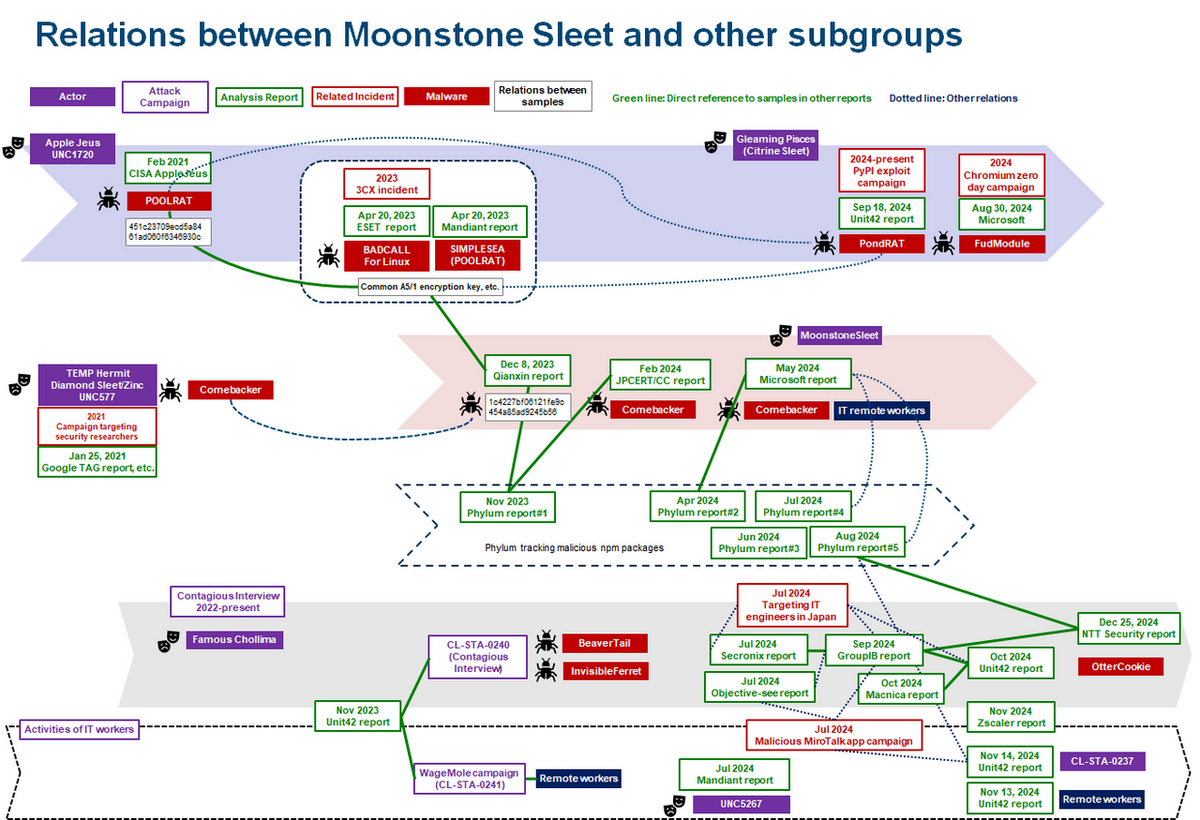
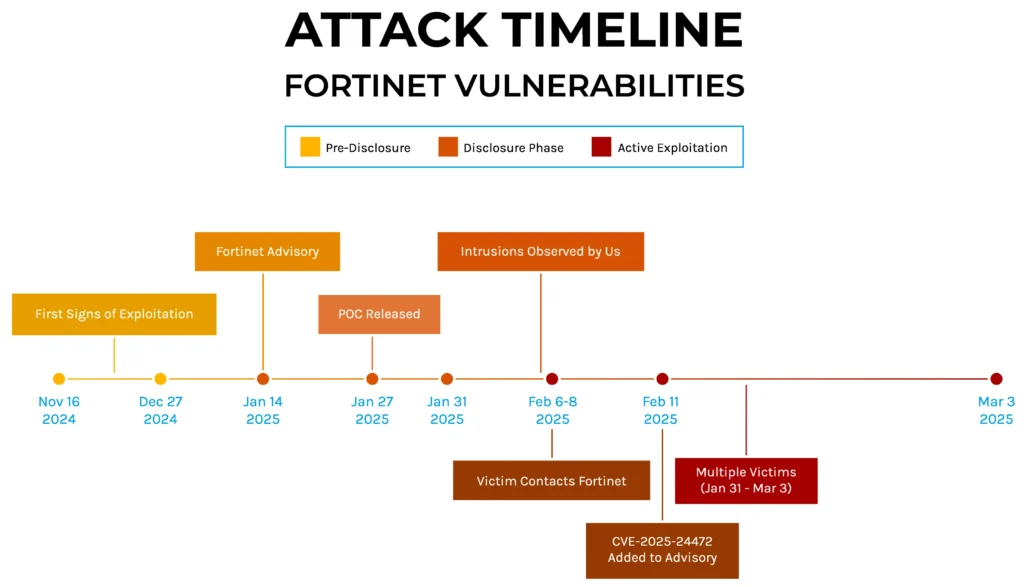
 Mar 21’s Top Cyber News NOW! – Ep 839
Mar 21’s Top Cyber News NOW! – Ep 839



